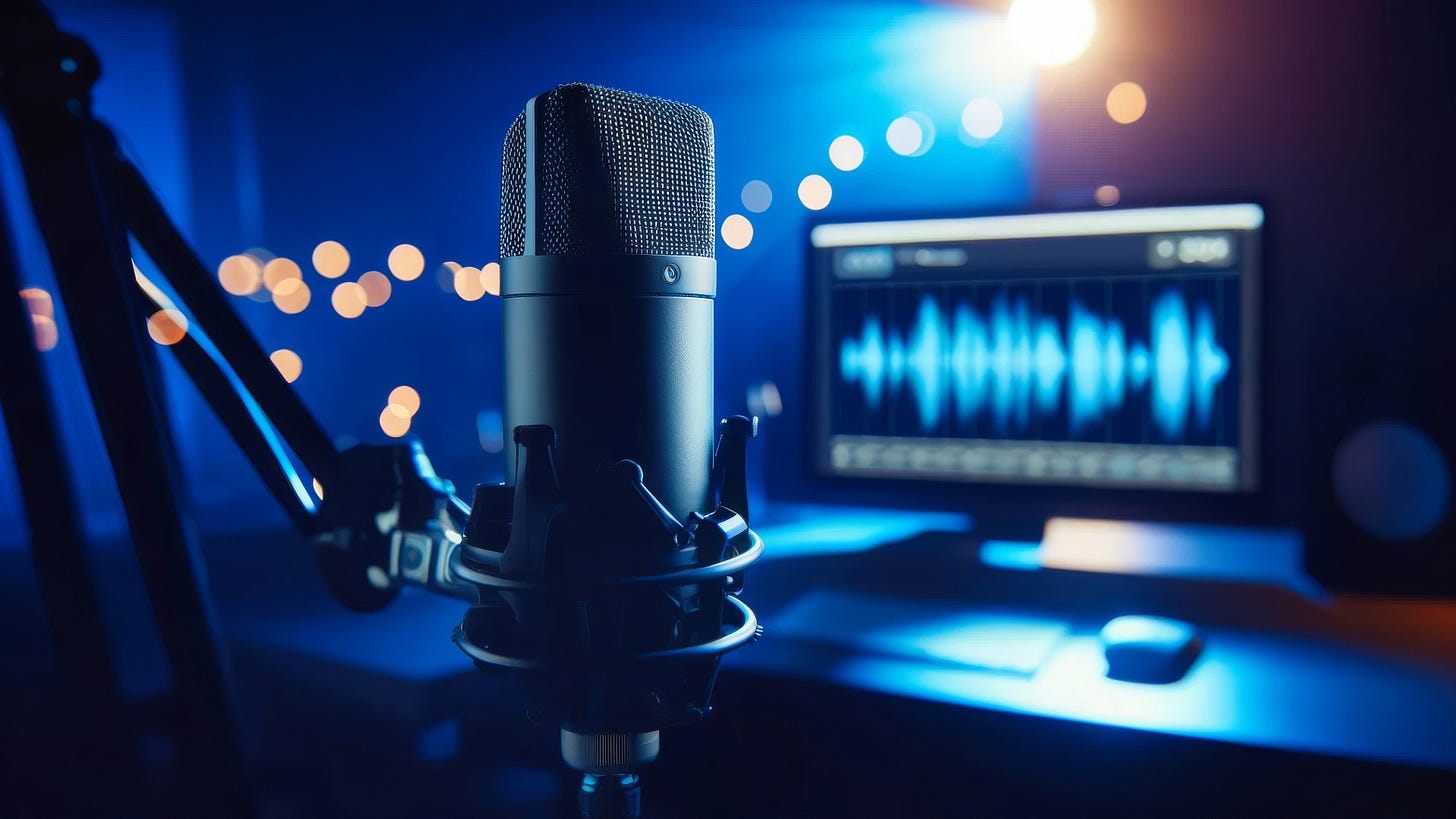UMG provides AI voice clone tech to their musicians
How musicians can leverage voice cloning
Universal Music Group partnered with SoundLabs.ai so their talent can tap into voice cloning, voice-to-instrument synthesis, and language transposition technologies.
The language transcription functions will allow singers to release foreign language versions of their songs and minimize language as a barrier to revenue maximization.
Musicians have the tools to shape their voice in many musical and artistic ways and when you couple multitrack recording with multi-voice cloning - one voice can be engineered to sound like a choir filled with a diverse multitude of individual voices.
The degree of control individuals have over the unauthorized usage and monetization of their visual and vocal likenesses and names will be an emerging trend in AI regulation and privacy protection regimes worldwide.
AI voice clone tech has spurred several legislative outcomes (including the ELVIS Act in Tennessee) as US State and Federal governments strive to protect the interests of artists from unlicensed usages of their names or vocal and visual likenesses.
The ELVIS Act (Ensuring Likeness Voice and Image Security Act) will go into effect on July 1, 2024, in Tennessee and will prohibit the use of AI to mimic an artist's voice.
AI Voice cloning technology is of paramount importance not only to musicians, but also actors, and professional voice talent who are already losing work to automated AI voices being utilized widely in the audiobook space.
AI makes it crucial that individuals have granular control over how unauthorized usages of their name, vocal, and visual likenesses are monetized by others. While publicity rights have flourished in entertainment dominant jurisdictions like California and New York, a universal need for publicity rights to attach to citizens is urgently needed at the national level. Having legal protections and a greater degree of control over how our name, voice, and likenesses are economically exploited by others is more important now, than ever.
See you in the music,
Patrick San Francisco




